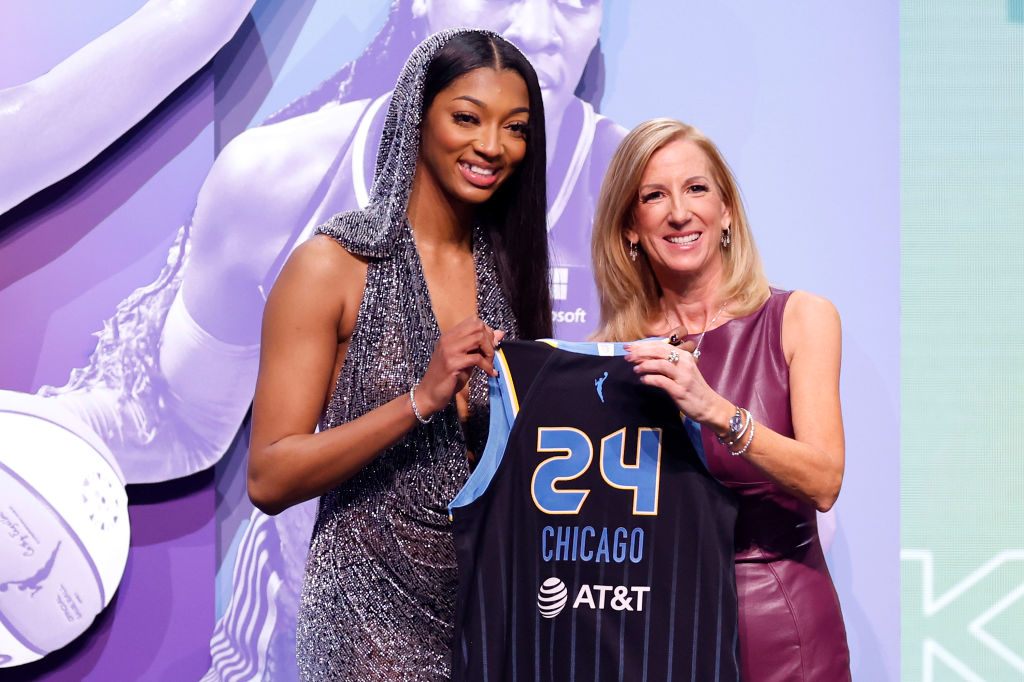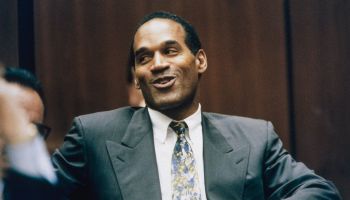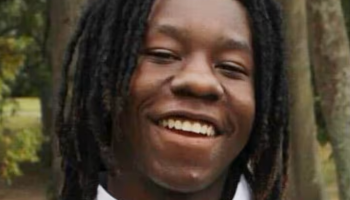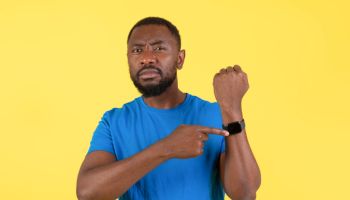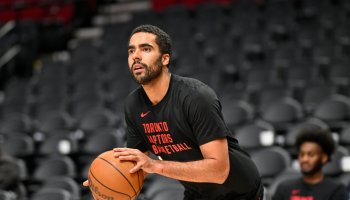The helmet-to-helmet shot knocked Tony Dorsett out cold in the second quarter of a 1984 Cowboys-Eagles game, the hardest hit he ever took during his Hall of Fame NFL career.
“It was like a freight train hitting a Volkswagen,” Dorsett says now.
“Did they know it was a concussion?” he asks rhetorically during an interview with The Associated Press. “They thought I was half-dead.”
And yet, he says, after being examined in the locker room — a light shined in his eyes; queries such as who sat next to him on the Cowboys’ bus ride to the stadium — Dorsett returned to the field and gained 99 yards in the second half. Mainly, he says, by running plays the wrong way, because he couldn’t remember what he was supposed to do.
“That ain’t the first time I was knocked out or been dazed over the course of my career, and now I’m suffering for it,” the 57-year-old former tailback says. “And the NFL is trying to deny it.”
Dorsett traces several health problems to concussions during a career that lasted from 1977-88, and he has joined more than 300 former players — including three other members of the Pro Football Hall of Fame, and at least 32 first- or second-team All-Pro selections — in suing the NFL, its teams and, in some cases, helmet maker Riddell. More should have been done in the past to warn about the dangers of concussions, their lawyers argue, and more can be done now and in the future to help retired players deal with mental and physical problems they attribute to their days in the NFL.
In interviews conducted by the AP over the past two months with a dozen plaintiffs, what emerged was, at best, a depiction of a culture of indifference on the part of the league and its teams toward concussions and other injuries. At worst, there was a strong sense of a willful disregard for players’ well-being.
“It’s not about whether players understood you could get a concussion playing football. It’s about the negligence of care, post-concussion, that occurred,” says Kyle Turley, an offensive lineman for the Saints, Rams and Chiefs who was the No. 7 overall pick in the 1998 draft and an All-Pro in 2000.
Players complain that they carried owners to their profits, in an industry that now has more than $9 billion in annual revenues, without the safety nets of guaranteed contracts or lifetime medical insurance.
“Yeah, I understand you paid me to do this, but still yet, I put my life on the line for you, I put my health on the line,” Dorsett says. “And yet when the time comes, you turn your back on me? That’s not right. That’s not the American way.”
Head injuries are a major topic of conversation every day of the NFL season. With the Super Bowl as a global stage, the NFL will air a one-minute TV commercial during Sunday’s game highlighting rules changes through the years that have made the sport safer.
The owners of the teams playing for the Lombardi Trophy in Indianapolis — Bob Kraft of the New England Patriots and John Mara of the New York Giants — acknowledge the issue’s significance.
“There’s more of a focus on it now, without question, and I think that’s a good thing, and I think it’ll continue to be a focus. Because none of us want to put players in perilous situations like that,” Mara says. “I don’t want to see guys that are on this team, 20 years from now, with debilitating injuries, no matter what they are.”
Says Kraft: “We know this is a physical game, and when people play the game, they know it comes with certain risks. We have tried to stay ahead of it.”
The most accomplished and best-known plaintiff in the flurry of lawsuits — a star for the Cowboys after winning the 1976 Heisman Trophy at Pittsburgh — Dorsett agreed to two interviews with the AP, one over the telephone and one at his suburban Dallas home.
“I don’t want to get to the point where it turns into dementia, Alzheimer’s. I don’t want that,” says Dorsett, who ran for 12,739 yards, the eighth-highest total in league history. He is, in that moment, sad and deflated — in others, pumped up and angry, fists flying to punctuate his words. “There’s no doubt in my mind that … what I went through as a football player is taking an effect on me today. There’s no ifs ands or buts about that. I’m just hoping and praying I can find a way to cut it off at the pass.”
He spreads two pages’ worth of brain scans on his coffee table and says doctors told him that red regions in the color-coded scan mean he is not getting enough oxygen in the left lobe of his brain, the part associated with organization and memory. He already forgets people’s names or why he walked into a room or where he’s heading while driving on the highway, and fears his memory issues are getting worse.
Dorsett’s had surgery on both his knees, and problems with his left arm and right wrist. He says then-Cowboys coach Tom Landry once told him he could play despite a broken bone in his back. Not even the flak jacket Dorsett says he wore beneath his jersey could bring relief, the injury so painful that “tears would just start flowing out of my eyes, profusely and uncontrollably” during practices.
“They would see me and just point to the training room. ‘Go to the training room, get some ice and heat and come on back out here,'” Dorsett says.
And during games?
“They were hitting me, and I’d be squealing like a pig,” Dorsett says, imitating the guttural sound. “It was so bad that the other team was telling our coaches, ‘Get him out of the game.’ You know that something’s wrong then. And like a fool, I stayed as long as I could. They’re going to our sideline, telling our coaches, ‘Get him out of the game!’ … You know it’s bad when the opposition feels sorry for you.”
SEE ALSO:
